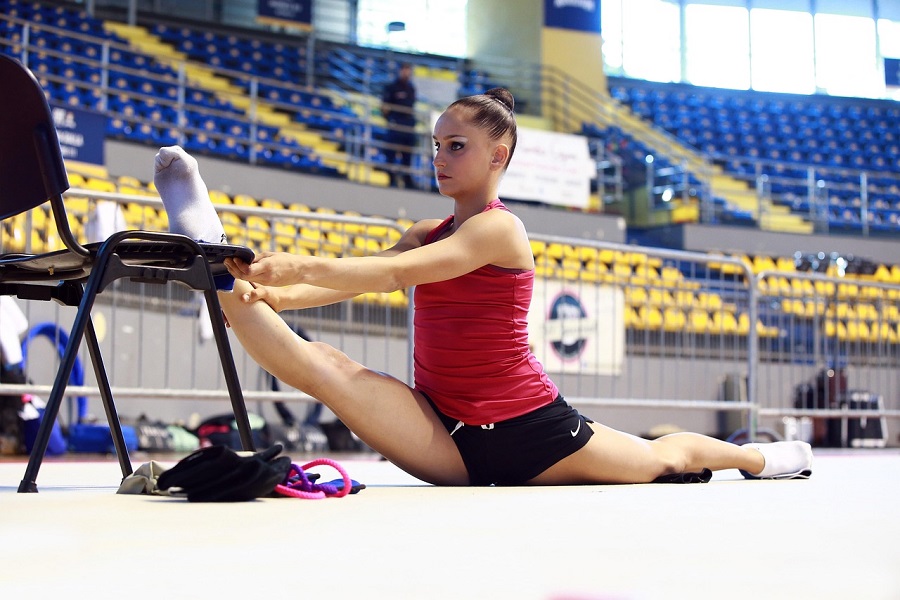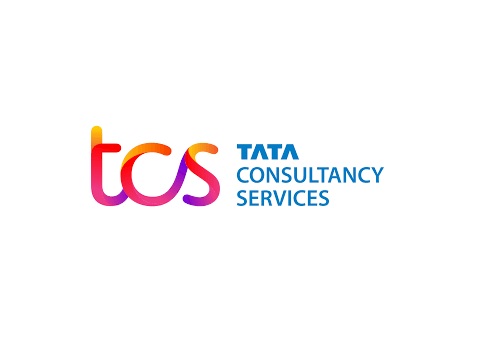The Power of Physical Activity: A Path to Better Health

Physical activity refers to any movement that burns energy and strengthens the body. Whether it’s walking, dancing, playing a sport, or hitting the gym, incorporating regular physical activity into your lifestyle brings countless physical, mental, and emotional benefits.
Why Physical Activity Matters
Boosts Heart Health
Exercise strengthens the heart, improves blood circulation, lowers blood pressure, and reduces the risk of cardiovascular diseases.
Aids Weight Management
Regular physical movement helps burn calories and maintain a healthy weight. It also increases metabolism and supports fat loss.
Improves Muscle and Bone Strength
Activities like weight training, yoga, or cycling enhance muscle tone and increase bone density, reducing the risk of osteoporosis.
Enhances Mental Well-being
Physical activity releases endorphins—natural mood lifters that fight stress, anxiety, and depression. It can also boost self-esteem and cognitive function.
Regulates Sleep Patterns
People who exercise consistently tend to fall asleep faster and enjoy deeper, more restorative sleep.
Reduces Risk of Chronic Diseases
Active individuals are less likely to develop conditions such as Type 2 diabetes, stroke, some cancers, and arthritis.
Types of Physical Activity
Aerobic Exercises: Walking, jogging, swimming, cycling – improve cardiovascular health.
Strength Training: Lifting weights, resistance bands – build muscle and bone strength.
Flexibility Activities: Stretching, yoga – increase mobility and prevent injury.
Balance Exercises: Tai chi, Pilates – enhance stability and prevent falls, especially in older adults.
Recommended Guidelines
Adults: At least 150 minutes of moderate-intensity or 75 minutes of vigorous-intensity aerobic activity per week, plus muscle-strengthening activities twice a week.
Children and Teens: At least 60 minutes of physical activity daily.
Tips to Stay Active Daily
Take the stairs instead of the elevator.
Walk or cycle to nearby destinations.
Try standing or walking meetings at work.
Set reminders to stretch or walk every hour.
Make physical activity fun—dance, hike, play sports, or do group workouts.
Conclusion
Physical activity is not just about fitness—it's a foundation for a longer, happier, and healthier life. By making movement a daily habit, you invest in your body, mind, and future. Start small, stay consistent, and keep moving!




















